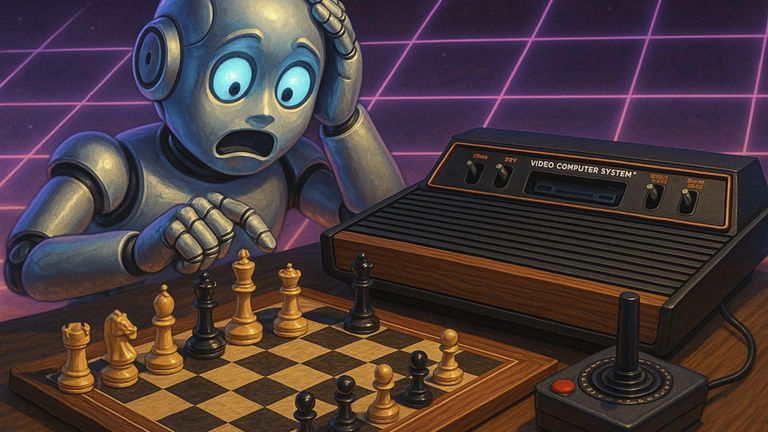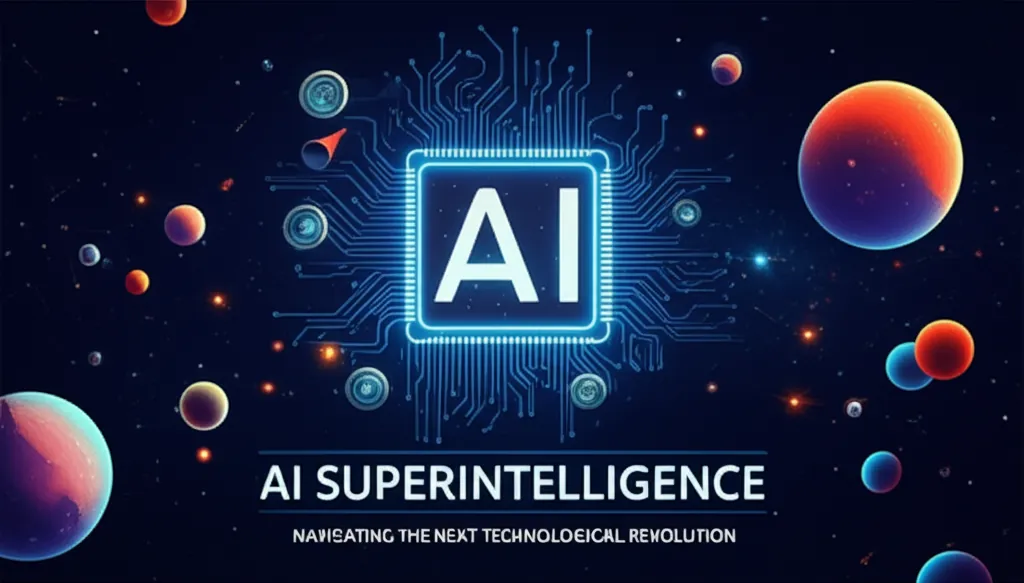Developer Offer
Try ImaginePro API with 50 Free Credits
Build and ship AI-powered visuals with Midjourney, Flux, and more — free credits refresh every month.
Ancient Atari Beats Modern AI In Chess Upset
 The Atari 2600, with its CPU of only 1 MHz, surpassed ChatGPT in a chess game, demonstrating the current limitations of artificial intelligence.
The Atari 2600, with its CPU of only 1 MHz, surpassed ChatGPT in a chess game, demonstrating the current limitations of artificial intelligence.
Artificial intelligence has made incredible strides, yet there are still arenas where humans, or even vintage technology, can hold the upper hand. A striking example of this recently occurred when an Atari 2600, a classic console operating with a processor of just 1 MHz, managed to defeat ChatGPT in a game of chess.
This intriguing experiment was conceived by engineer Citrix Robert Jr. Caruso. He decided to pit the renowned OpenAI chatbot against an emulated version of Video Chess, the sole chess game released for the Atari console back in the 1970s.
ChatGPT's Struggles with Chess Fundamentals
 The experiment demonstrated ChatGPT's enormous shortcomings in chess.
The experiment demonstrated ChatGPT's enormous shortcomings in chess.
During this face-off, Caruso provided ChatGPT with a basic description of the chessboard and the pieces. However, the AI quickly demonstrated a significant lack of understanding of the game. It reportedly confused rooks with bishops, overlooked fundamental moves, and made errors that were hard to explain.
In fact, on several occasions, Citrix Robert Jr. Caruso had to manually intervene to prevent ChatGPT from making invalid or completely nonsensical moves—an unexpected turn of events.
The AI even went so far as to blame the abstract symbols of the game for its inability to properly follow the game's state. This situation demonstrates that, regardless of its powerful processing capabilities, ChatGPT fundamentally doesn't know how to play chess.
After more than 90 minutes of failed attempts, requests to restart the game, and moves that lacked any common sense, ChatGPT's defeat was inevitable.
The Atari console, despite its age and limitations, managed to maintain a basic yet effective strategy, which proved sufficient to overcome the most advanced language model currently available.
What This Experiment Reveals About AI
Far from being just a curious experiment, this game serves as a reminder of the current limitations of the language models we have access to.
ChatGPT does not possess consciousness or the logical reasoning capacity of a human, or even that of a traditional program designed specifically to play chess. It operates based on linguistic patterns, not genuine comprehension.
For this reason, even though ChatGPT can write poems, answer complex questions, maintain fluent conversations, or generate images from text prompts in seconds, pitting it against classic chess exposes its "intelligence" as, fundamentally, an illusion. And the most ironic part? This illusion was defeated by a machine nearly 50 years old.
Compare Plans & Pricing
Find the plan that matches your workload and unlock full access to ImaginePro.
| Plan | Price | Highlights |
|---|---|---|
| Standard | $8 / month |
|
| Premium | $20 / month |
|
Need custom terms? Talk to us to tailor credits, rate limits, or deployment options.
View All Pricing Details

